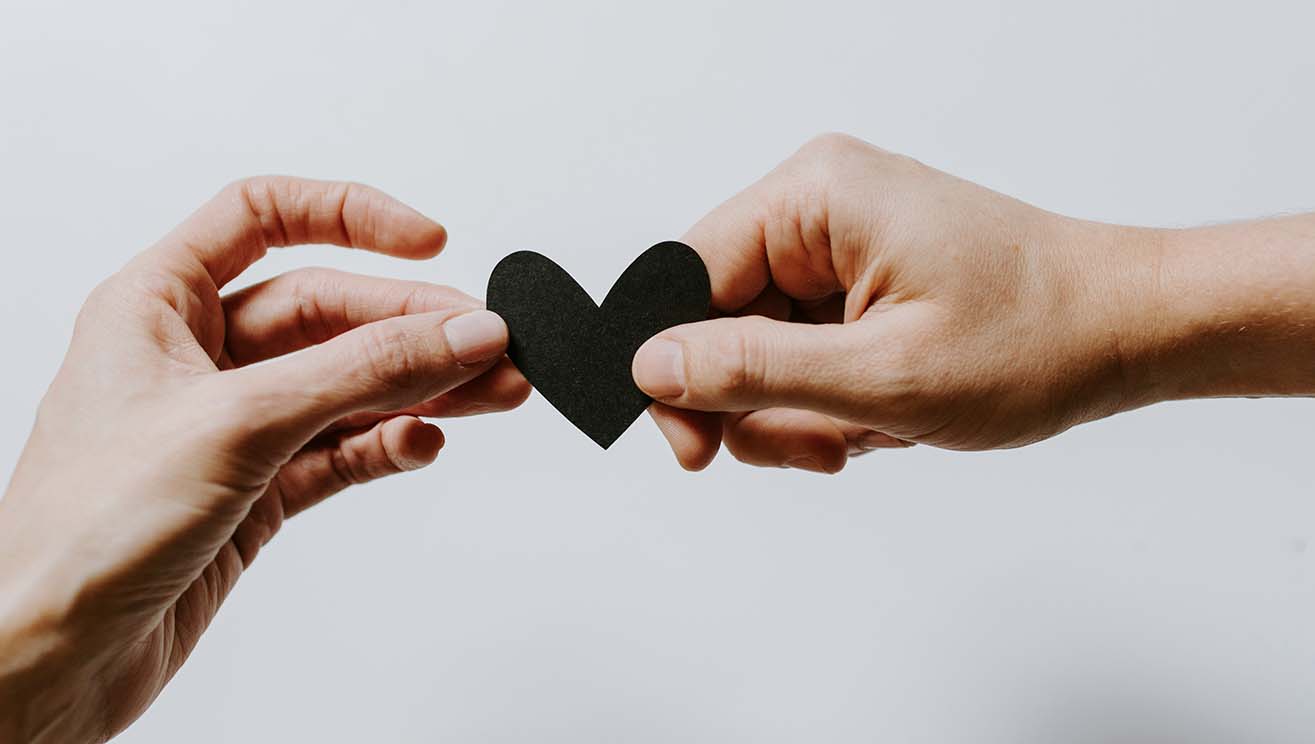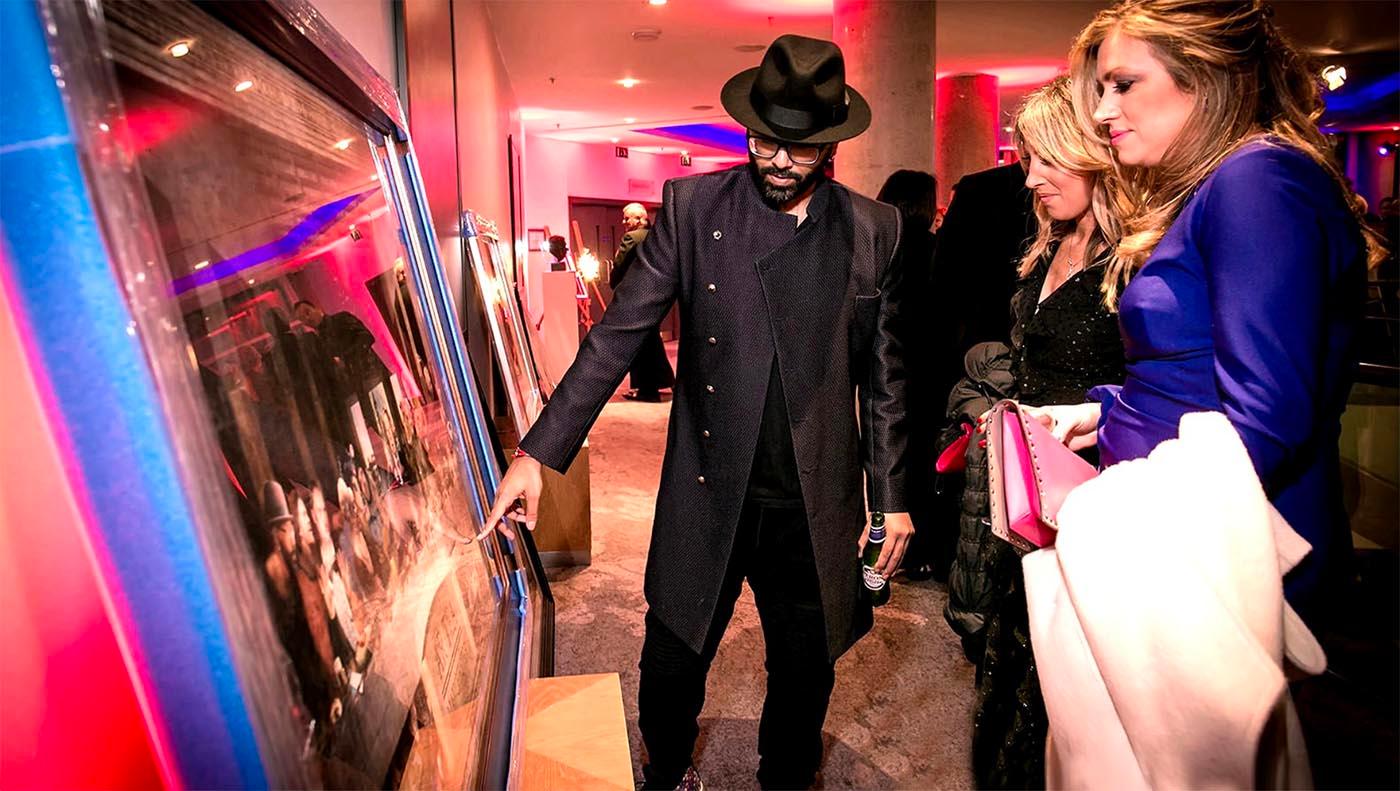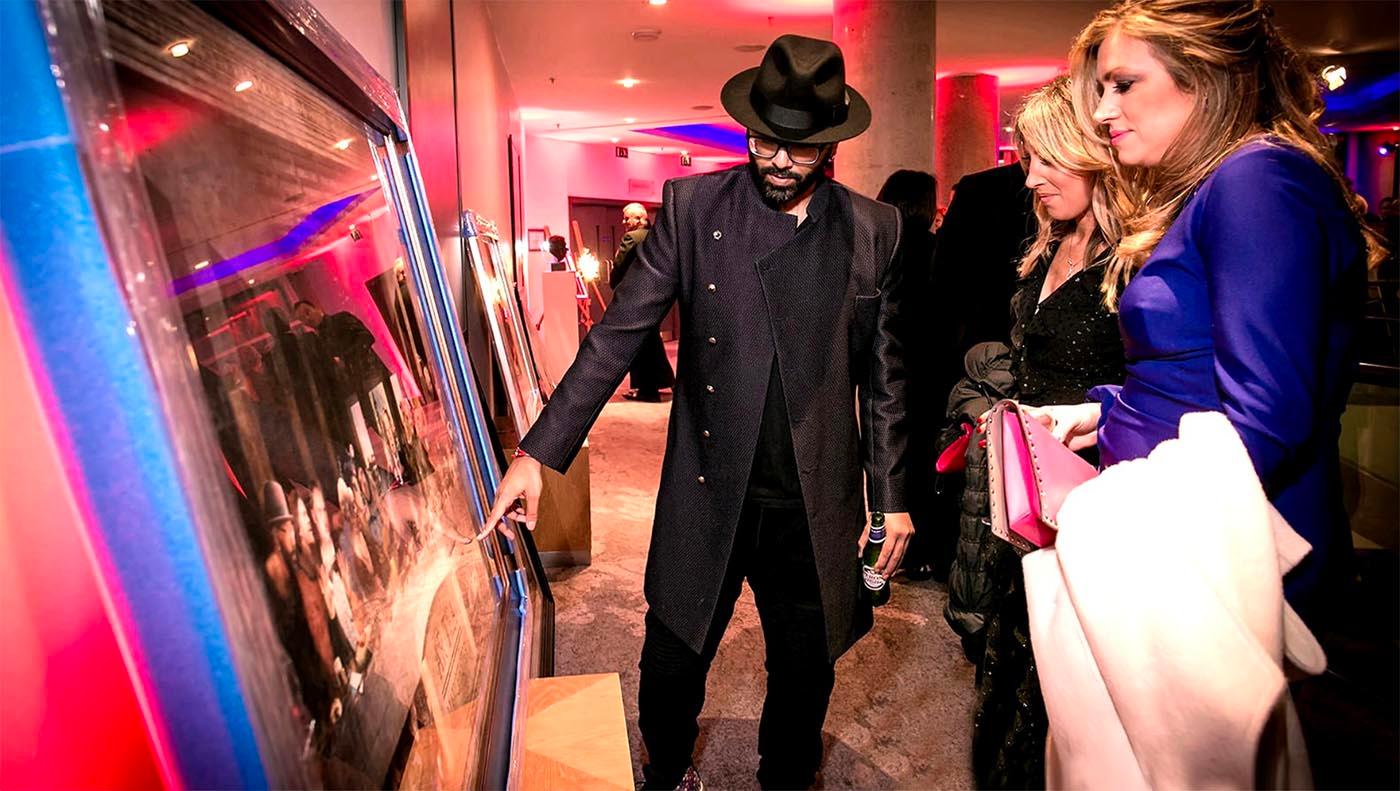Understanding Men: A Woman’s Perspective on Support and Solidarity


One notable aspect of female friendships is the strong support network women create for one another. When a girlfriend is in trouble - be it due to a breakup, career challenges or personal crises - women tend to rally around her with unwavering support. This phenomenon can be attributed to several factors:
1. Emotional Communication: Women are generally socialised to express their emotions openly, which fosters a culture of vulnerability. They are often taught the importance of sharing their feelings, leading to a more supportive atmosphere. When a friend is in distress, this openness allows for deep, meaningful conversations that can provide comfort and reassurance.
2. Shared Experiences: Women often bond over shared experiences, particularly regarding societal expectations and challenges. This collective understanding creates a strong foundation for support, as women relate to one another’s struggles, whether they pertain to career pressures, societal beauty standards or family dynamics.
3. Collective Empowerment: Women frequently find strength in solidarity. When a girlfriend faces adversity, the act of coming together reinforces a sense of empowerment and resilience. This communal approach not only helps the individual in distress but also fortifies the group’s emotional well-being.
In contrast, men may not exhibit the same inclination to rally around friends in times of trouble. Traditional masculinity often emphasises self-reliance and emotional restraint, leading many men to approach challenges with a “tough it out” mentality. This cultural backdrop can create barriers to emotional sharing and communal support among men. Some reasons for this disparity include:
1. Social Conditioning: From a young age, boys are often encouraged to suppress their emotions and prioritize independence. This conditioning can make it difficult for men to seek support or express vulnerability, even among close friends.
2. Fear of Judgment: Many men fear being perceived as weak or overly emotional, leading to reluctance in discussing personal struggles. This fear can inhibit genuine connections and the sharing of experiences that might foster mutual support.
3. Different Coping Mechanisms: Men may cope with distress differently, often opting for distraction or solitary activities rather than seeking help from friends. This can create an impression that men are less supportive, when in reality, they may simply be engaging with their emotions in ways that are less visible to others.















